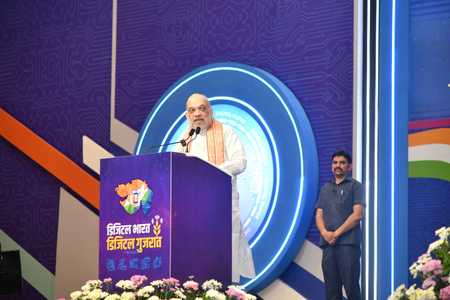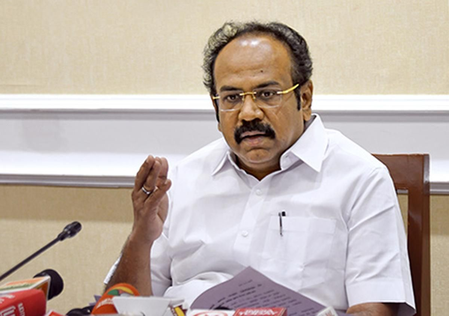
Seoul, Oct 11 (IANS) South Korea’s central bank on Friday cut its key benchmark interest rate, its first pivot in its years-long monetary tightening mode, as inflation continued to moderate and the property market showed signs of cooling.
As widely expected, the Bank of Korea slashed its key rate by 25 basis points to 3.25 per cent, the first reduction since August 2021, when Asia’s fourth-largest economy began to emerge from the coronavirus pandemic-caused slump.
Many experts had noted that the central bank will not be able to delay a rate cut any longer, especially after inflation dropped to 1.6 percent in September, below its target rate of 2 percent, while concerns over domestic demand remain, reports Yonhap news agency.
“While inflation is showing a clear trend of stabilisation, household debt growth has begun to slow with tightened macro-prudential policies by the government, and risks in the foreign exchange market have somewhat eased,” the central bank said in a statement.
The BOK said exports have continued to increase while the recovery in domestic demand has been slow. “Uncertainties surrounding the growth outlook have heightened compared to August due to the delayed recovery in domestic demand,” it said.
The central bank said it will thoroughly assess the trade-offs among policy variables, such as inflation, growth, and financial stability, and “carefully determine the pace of further cuts of the base rate.”
The Federal Reserve also implemented a significant half percentage point rate cut last month, leaving leeway for the BOK to take its own step.
The BOK had continued to stand pat at 3.5 per cent following rate freezes since February last year after delivering seven consecutive rate hikes from April 2022 to January 2023.
So far, the central bank has delayed easing policy out of concerns that a hasty rate cut may spur an increase in household debt and threaten financial stability, while inflation has been on a downward cycle.
After the rate cut decision, BOK Gov. Rhee Chang-yong said one board member supported a rate freeze, and another board member left the door open for an additional rate cut within three months.
“Most board members agree on the need to monitor the impact of this month’s rate cut on the financial stability, especially home prices and household debts,” Rhee told reporters.
On the back of a series of measures to curb household debts, home prices have recently showed signs of a slowdown. Household loans extended by banks in South Korea rose for a sixth straight month in September, led by an increase in mortgages, central bank data showed.
For the year, the economy is expected to grow 2.4 per cent, slowing from the previous year’s 2.6 per cent gain and the 4.1 per cent advance in 2021.








